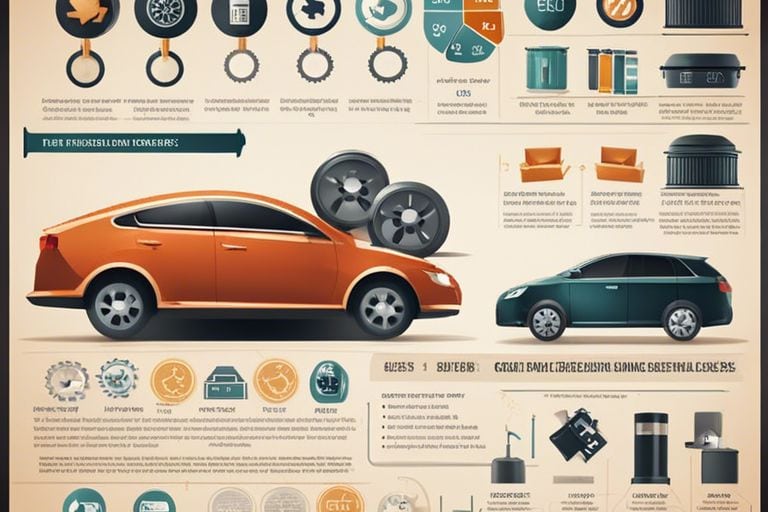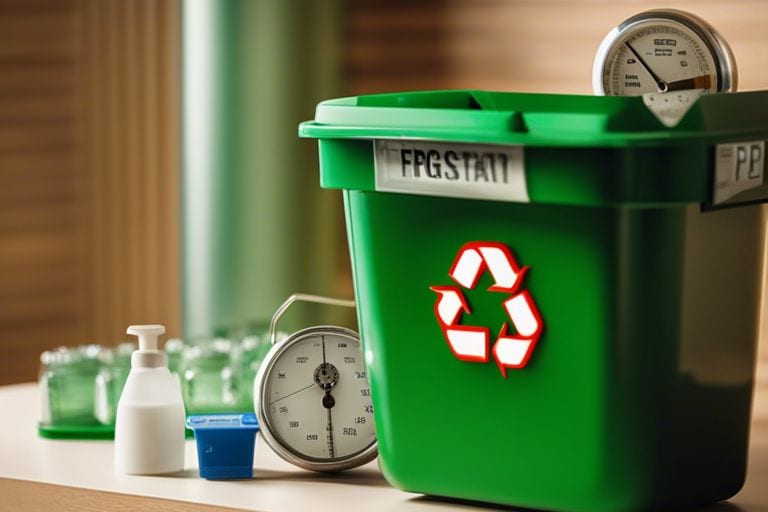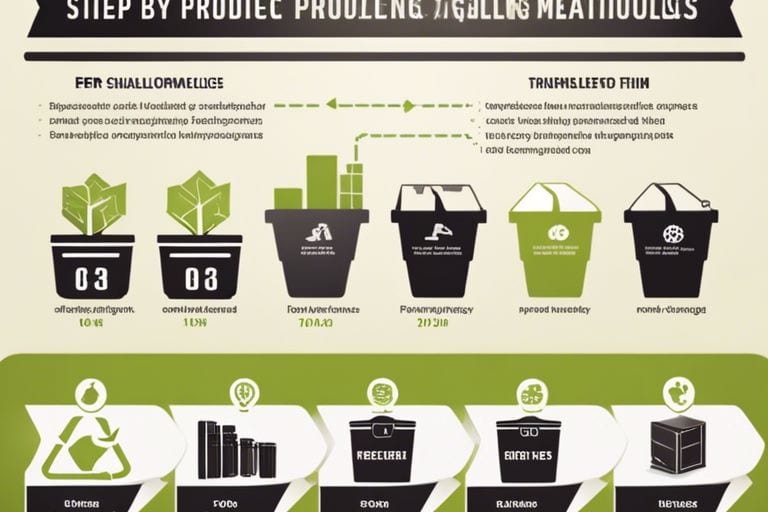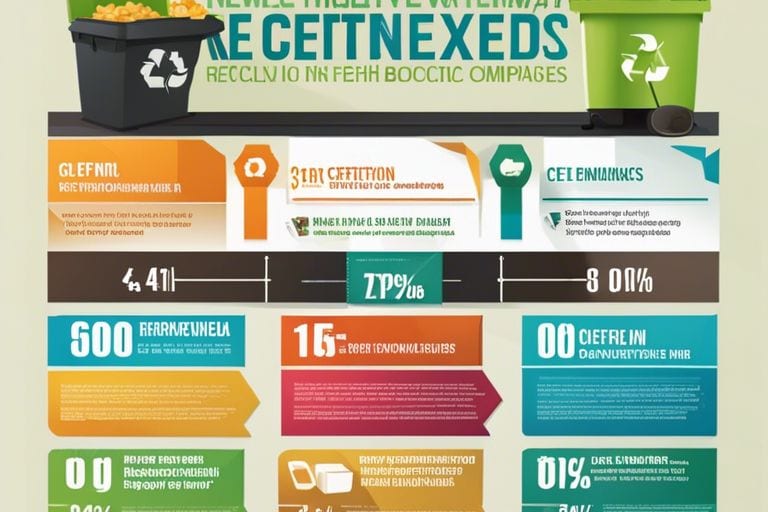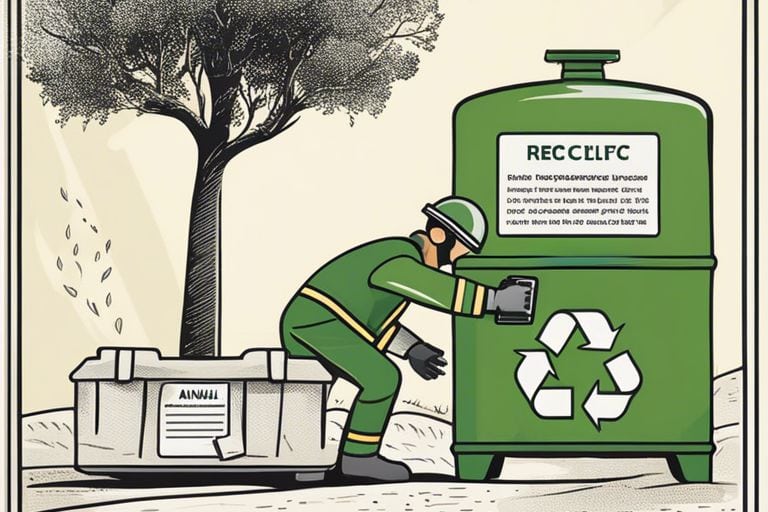
The Complete Guide To Handling Used Oil Responsibly – EPR Annual Filing Explained
This comprehensive guide will walk you through the crucial steps of handling used oil responsibly. Extended Producer Responsibility (EPR) annual filing plays a crucial role in ensuring that businesses properly manage and dispose of used oil, preventing environmental harm. Understanding the intricacies of EPR annual filing is vital for staying compliant and minimizing the impact […]

